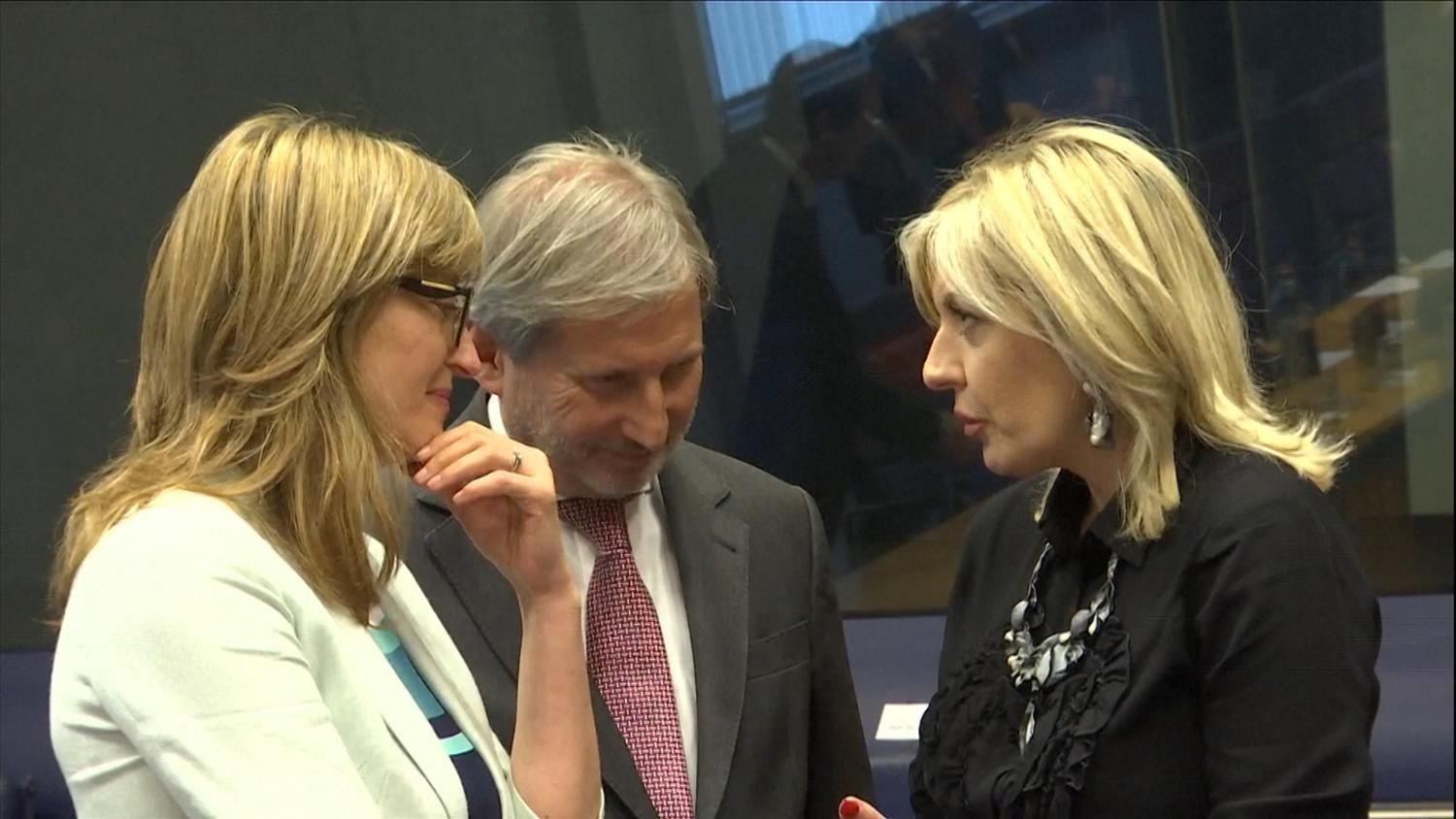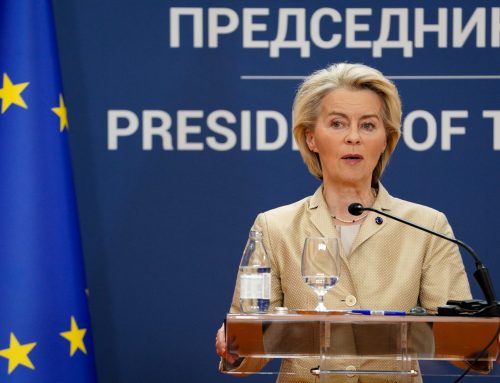At the eighth Intergovernmental Conference held today in Luxembourg, Serbia opened another two chapters within EU accession negotiations – Chapter 33 – Financial and budgetary provisions and Chapter 13 – Fisheries.
The European Union delegation was led by Johannes Hahn, Commissioner for European Neighbourhood Policy and Enlargement Negotiations and Ekaterina Zaharieva, Minister of Foreign Affairs, on behalf of the Bulgarian Presidency of the Council of the European Union.
Hahn said that further progress depended on further tangible progress in the rule of law and normalization of relations with Kosovo.
Hahn told the press conference that Serbia needed to continue with rule of law and freedom of expression reform, as well as normalization of relations with Pristina.
“The opening of two chapters today is a merit based achievement of Serbia,” said Hahn and called on Serbia to align its visa policy with the EU, noting that visa policy harmonization was among the topics of today’s conference.
“Further progress will depend on the reform in the area of rule of law and normalization of relations with Kosovo,” Hahn said and stressed that constitutional amendments should be aligned with recommendations issued by the Venetian Commission.
He also pointed to challenges in the area of freedom of expression, adding that the Minister Jadranka Joksimovic, who led the Serbian delegation, promised that progress would be made in said area.
Hahn expects Serbia to open additional chapters during the Austrian Presidency, but added that reform must go on in order to do so.
The Minister of European Integration Jadranka Joksimovic who led the Serbian delegation, described the opened chapters as highly important and specific.
“Chapter 33 allows us to prepare to take proper part in EU budget and make the most of EU funds once we join the Union, while chapter 13 helps us to regulate the fisheries,” Joksimovic said.
She said that Serbia showed commitment to European integration, despite the obstacles in both the EU and the region, and willingness to overcome the burden of the past and implement internal reform.
“We need synergy, we need to cooperate as partners and we need support of the EU,” Joksimovic said. She added that each small step towards Serbia’s EU membership should be seen as important.
Joksimovic thanked Bulgaria as the current holder of the EU Council Presidency for bringing the Western Balkans back into EU’s focus, adding that Serbia has found the best way to seize that opportunity.
The Bulgarian Minister of Foreign Affairs Ekaterina Zaharieva said that the Bulgarian Presidency was marked by strengthening of the European perspective of the Western Balkans, adding that the culmination of those efforts was the Sofia Summit.




